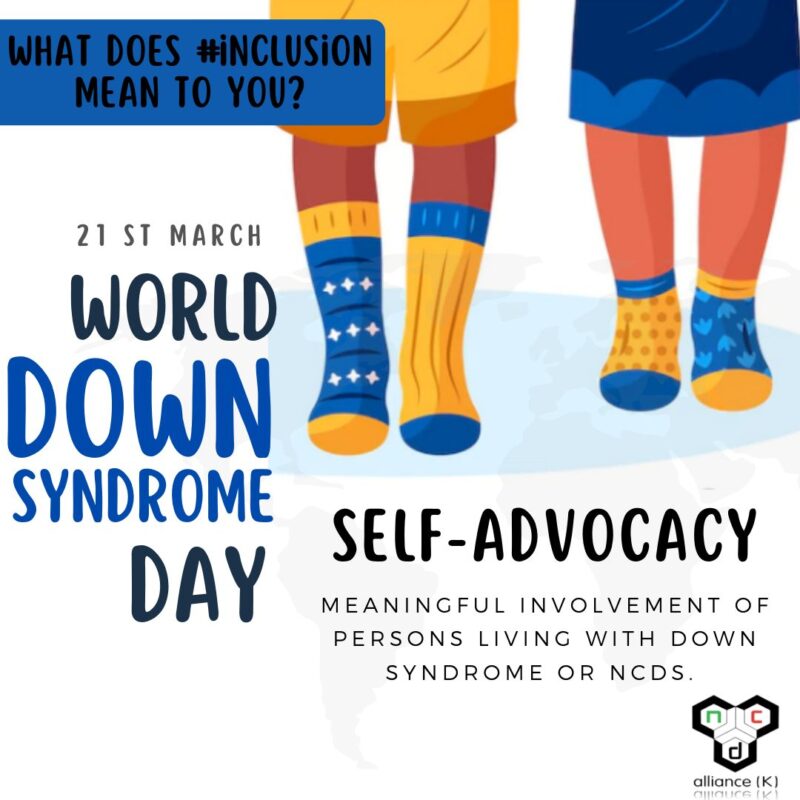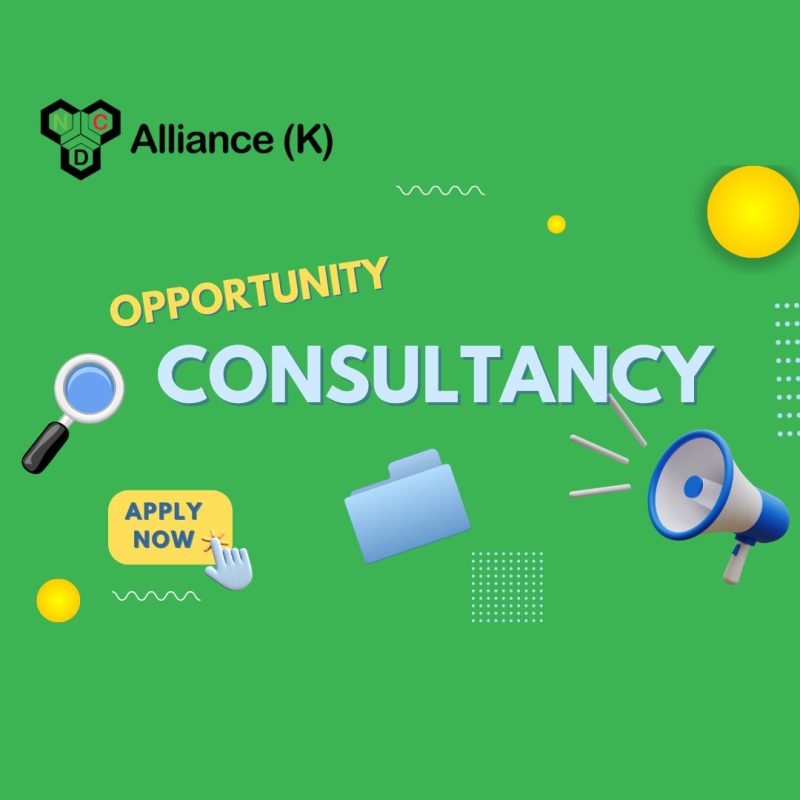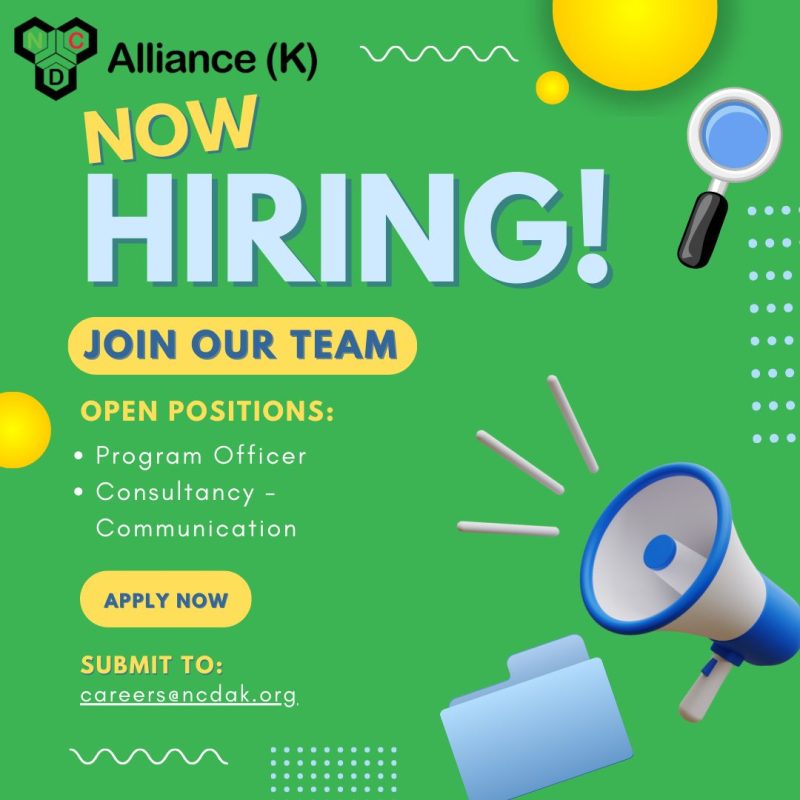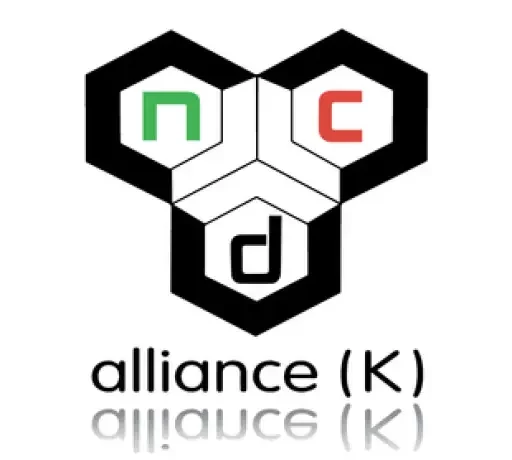Today is World Down Syndrome Day, a day celebrated every year on March 21 to advocate for the rights of people with living Down Syndrome. In Kenya, the rights of people with Down Syndrome are protected under Article 54 of Kenya’s 2010 Constitution. According to the 2019 census, 2.2 per cent of Kenyans (0.9 million people) live with some form of disability.
Down Syndrome is a genetic condition that occurs when three copies of chromosome 21 are present in a person’s body. These small packages of genes play an important role in a baby’s development; thus, this extra chromosome can cause developmental issues and mental disorders. Down Syndrome is not an inherited condition. It usually happens by chance at the time of conception.
A person with Down Syndrome can be identified by their distinctive physical characteristics, which include a flattened face, slanted eyes, a short neck, small ears, a tongue that sticks out of the mouth, small hands and feet, and tiny spots on the iris of the eye. They are also shorter in height than most children and adults with low muscle tone.
How is it diagnosed?
• Prenatally – This refers to screening and diagnostic tests performed on the fetus to determine the likelihood of Down syndrome. In Kenya, this type of prenatal screening is not yet available.
• At birth – Usually identified at birth by the presence of certain physical traits.
Living with Down syndrome
Down syndrome is a complex condition that can make one affected more vulnerable to a variety of serious health issues, and delayed milestones during early onset years. Therefore, a team approach to medical management of Down Syndrome is required, led by a paediatrician/paediatric geneticist, and includes speech, occupational, physical therapy, dietician/nutritional support, audiology, and learning needs assessments. A cardiologist and an endocrinologist may also be part of the team.
The Challenge
People with Down syndrome face numerous challenges, atop Stigma & discrimination such as
– Access to education and training
– Lack of work and employment
– Access to affordable healthcare
Kenya has very good and clear policies in place, but most fail to consider the importance of a lived experience by including meaningful inclusion of people with Down syndrome in policies or program designing, making implementation difficult. Persons with Down syndrome and intellectual disabilities are frequently absent in advocacy work, even within organizations that represent these groups, many of which began as parent and family organizations. It is critical to continue increasing the participation and inclusion of people living with Down syndrome as self-advocates for greater impact.
For support, please contact
T21 families Support Group
Ability Therapy, Murbarak Rd, off Muchai drive
Email: T21familieske@gmail.com
Website https://t21familieske.org/
Down Syndrome Society of Kenya
Studio House, Plums Lane, off Ojijo Road, Westlands
Email: nationalcoordinator@dssk.or.ke
Website: https://www.dssk.or.ke/
Down Syndrome International
7-9 Chapel Street, Exmouth, Devon,
contact@ds-int.org
Website: https://www.ds-int.org/



